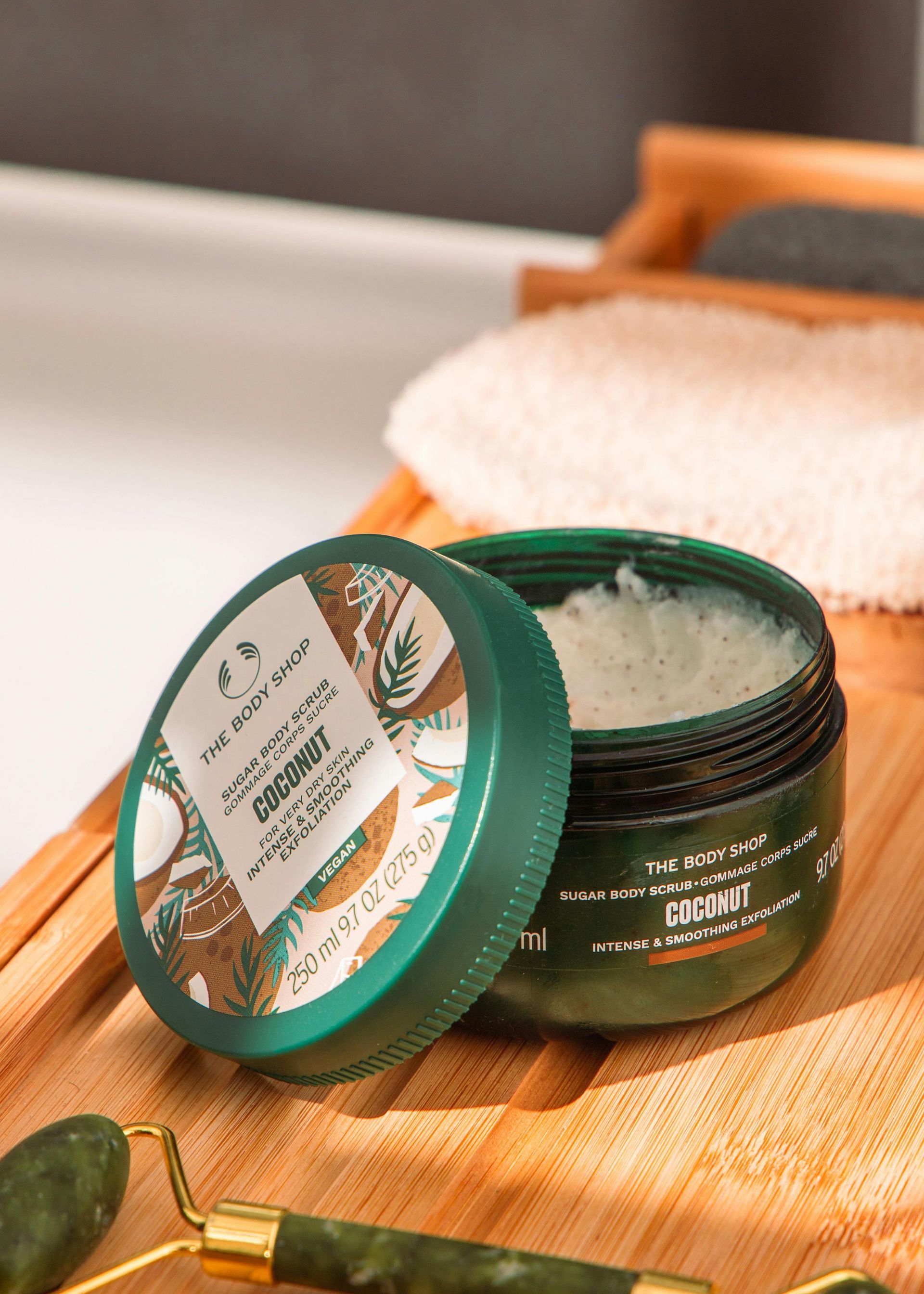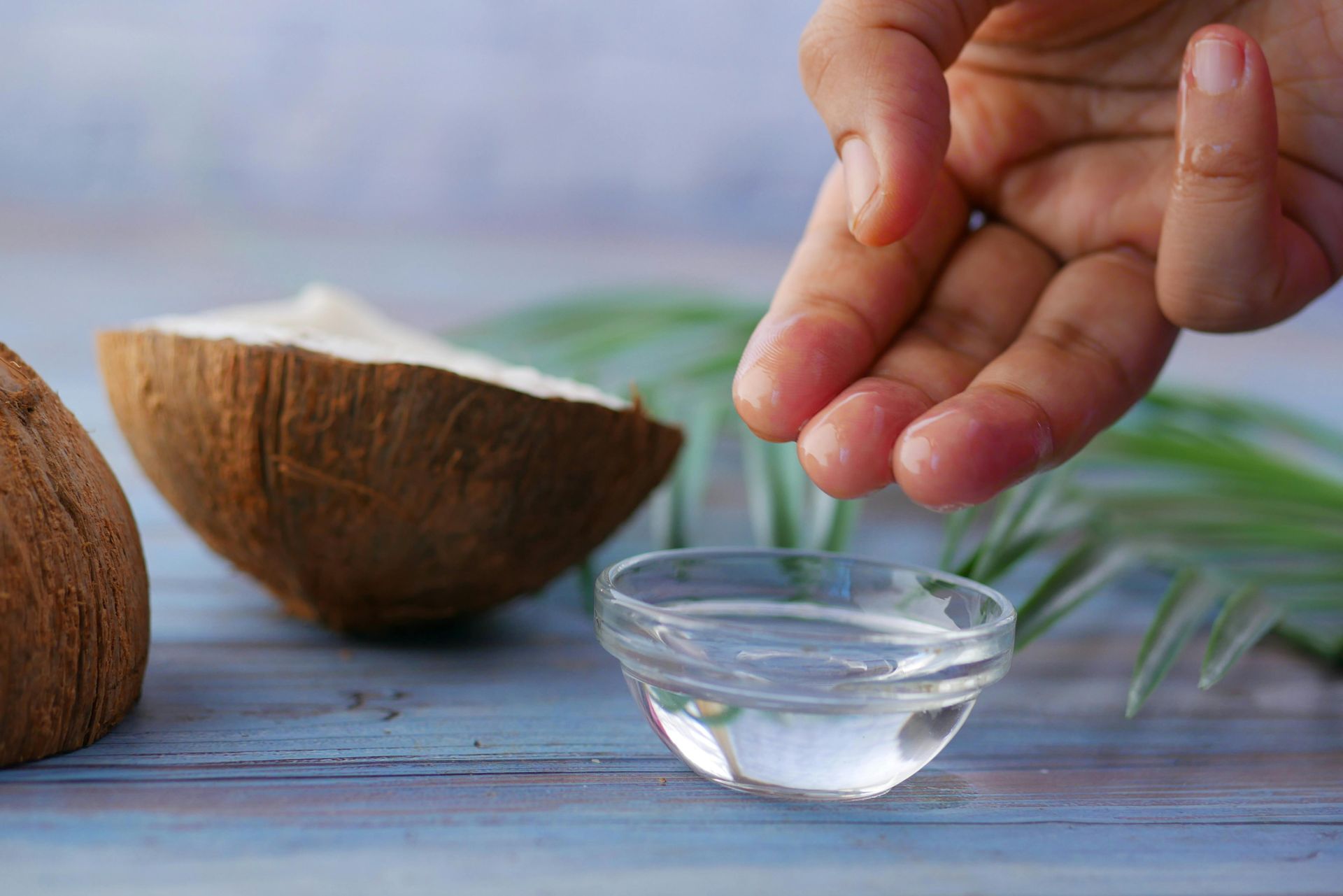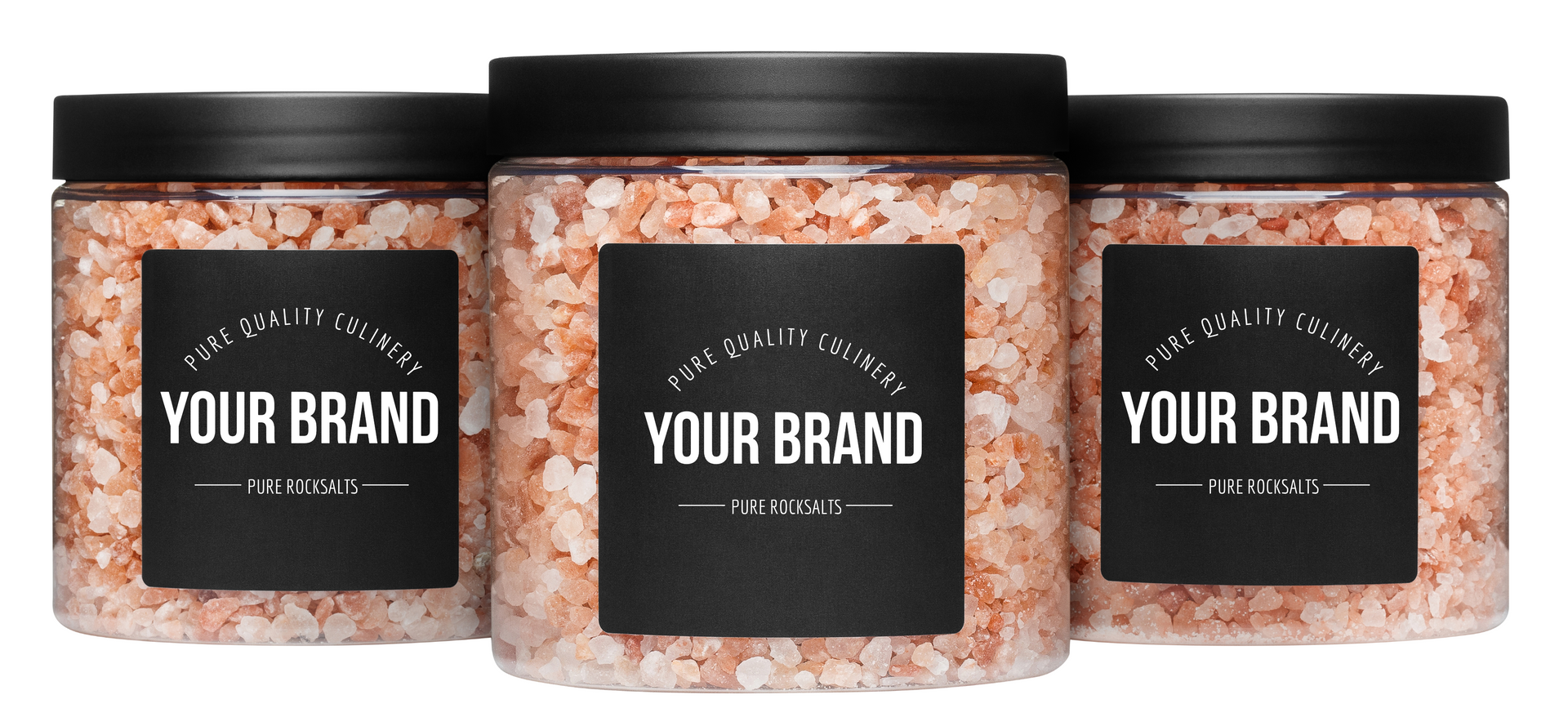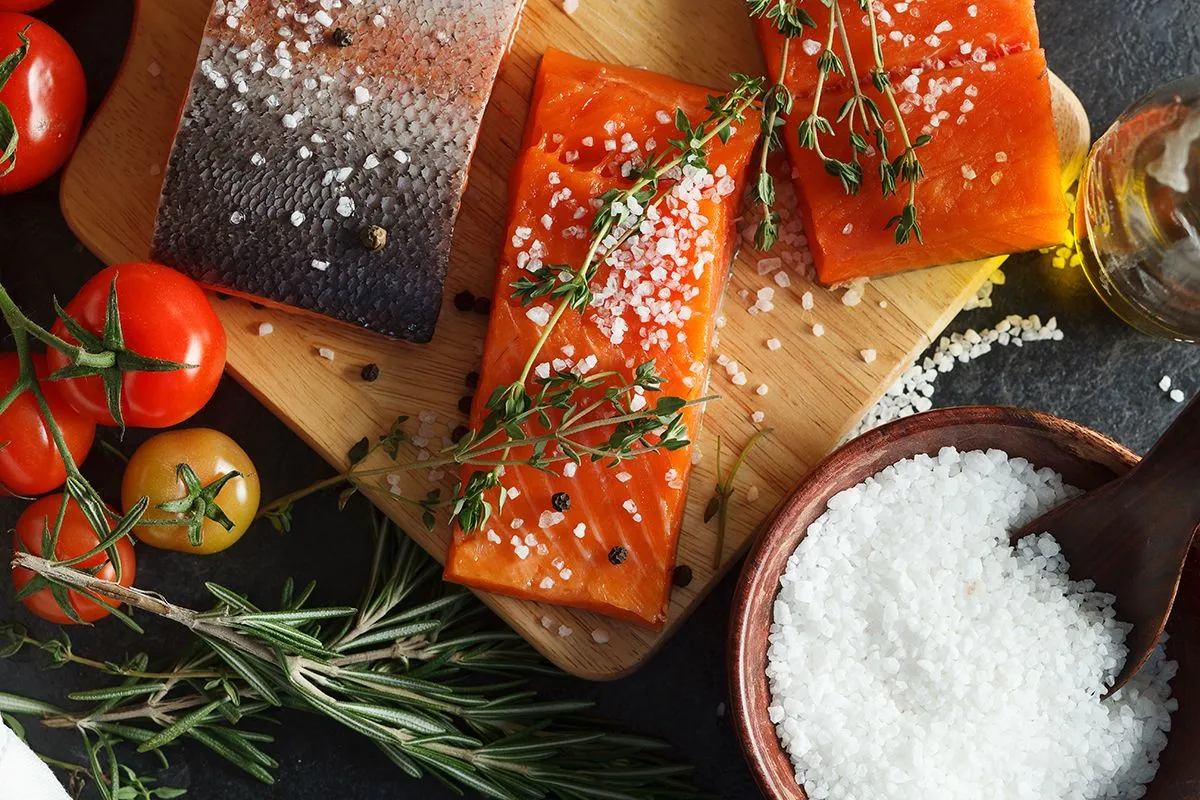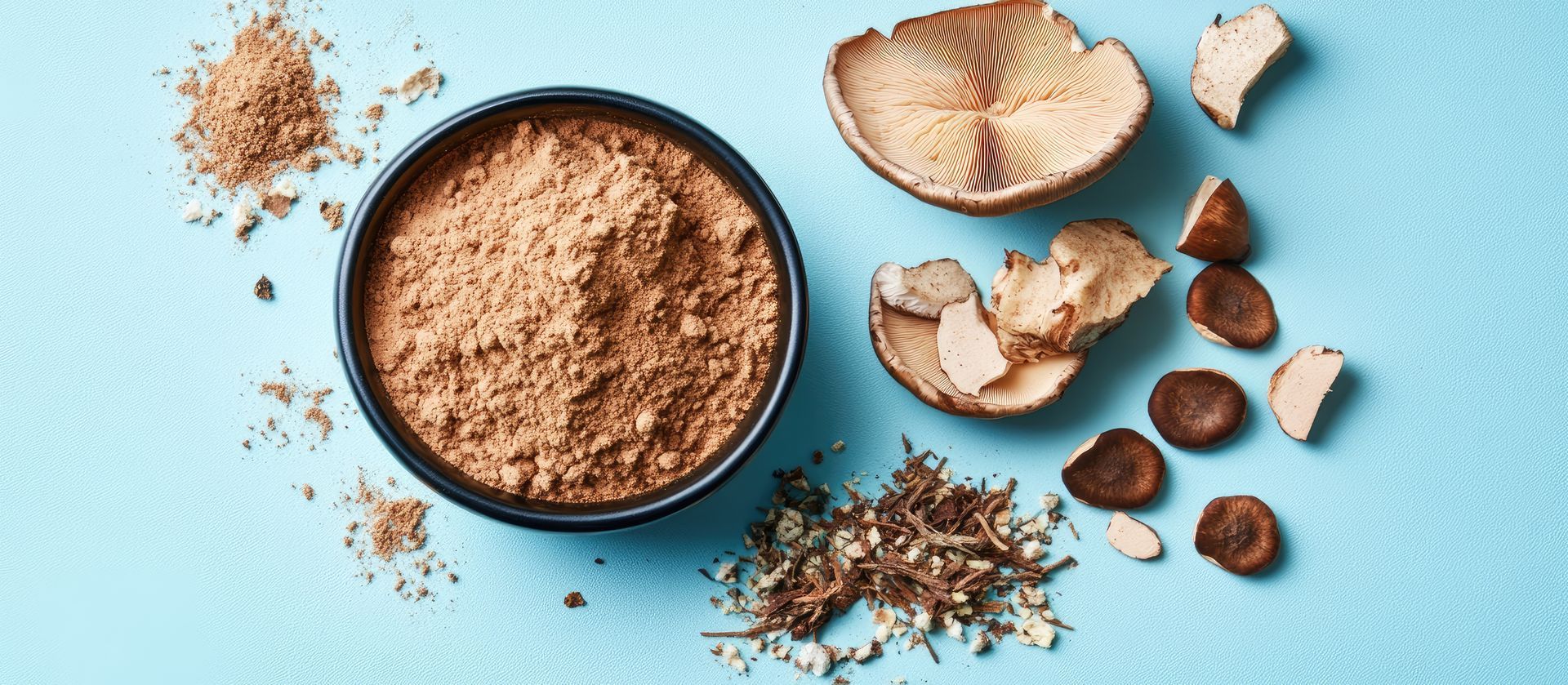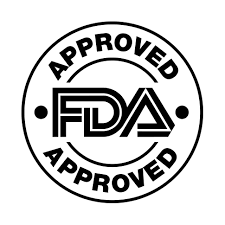Recent Trends in Sports and Nutrition - Supplements & Nutraceuticals
Athletes and health and sports enthusiasts are constantly seeking ways to enhance performance, speed up recovery, and maintain overall health. Over the past few years, the intersection of sports and nutrition has evolved dramatically, with a sharp rise in the use of supplements and nutraceuticals. As awareness grows around the role nutrition plays in athletic performance, these products have become essential components of many athletes’ routines - we explore the current trends shaping the sports and nutrition landscape.
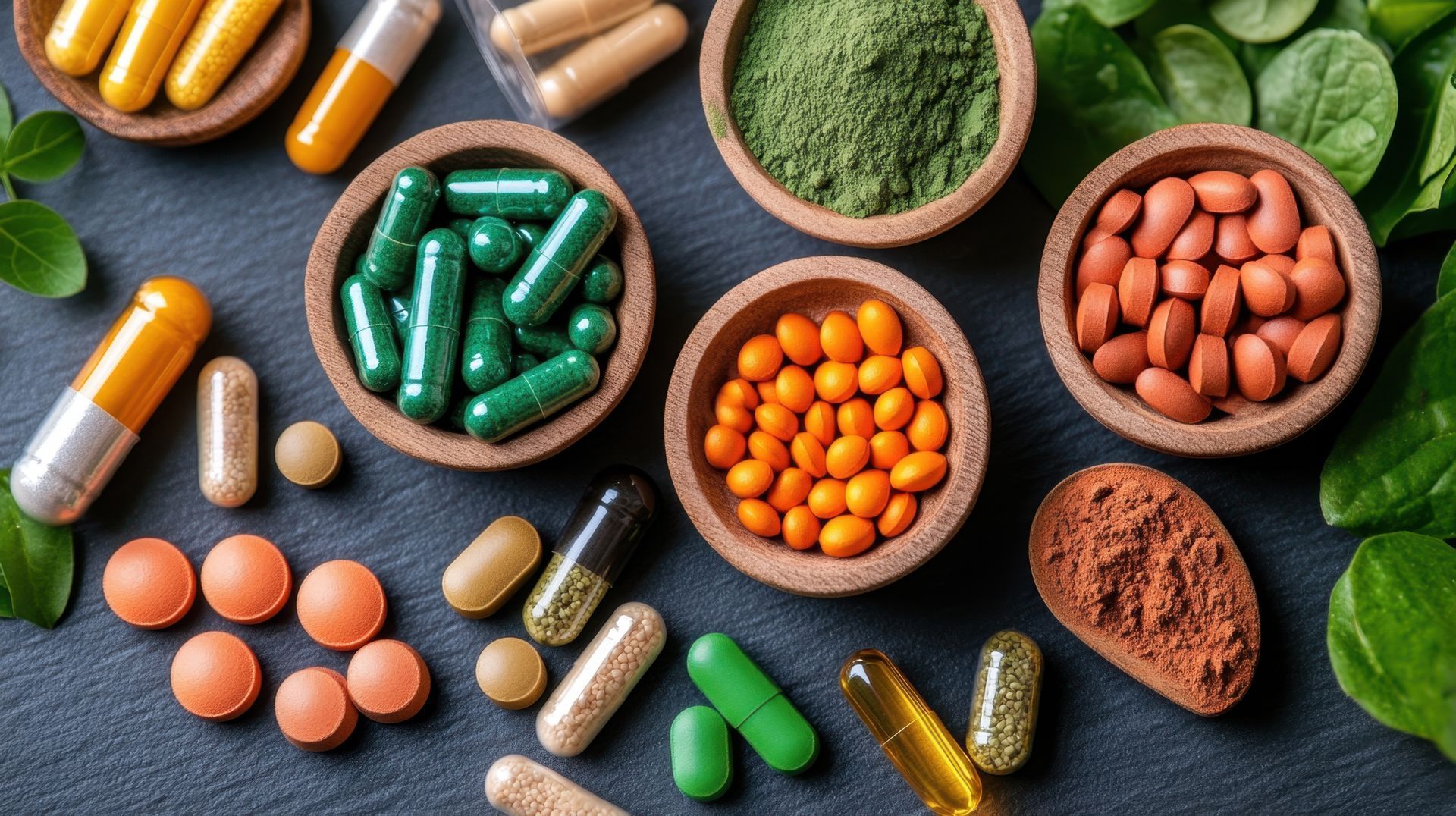
1. Personalized Nutrition
Personalization has become a major buzzword in both the health and fitness industries, and it’s no different in the realm of sports nutrition. Athletes are increasingly turning to individualized nutrition plans based on genetic testing, metabolism, and gut health. By analyzing biomarkers through blood or DNA tests, athletes can now identify nutrient deficiencies or sensitivities and tailor their diet and supplement intake accordingly.
This shift toward personalized nutrition has led to the development of bespoke supplement regimens, where athletes can take a custom mix of vitamins, minerals, and other bioactive compounds that fit their unique physiological needs. This approach maximizes efficiency, reduces the risk of over-supplementation, and ensures a focus on the specific demands of their sport.
2. Plant-Based Supplements
The growing popularity of plant-based diets has trickled into the world of sports supplements as more athletes shift away from animal-derived products. Athletes, ranging from weekend warriors to elite professionals, are choosing plant-based protein powders, creatine, and even amino acids, all of which were traditionally derived from animal sources. The rise in vegan and vegetarian athletes has driven the demand for these alternatives, particularly because plant-based diets are known to reduce inflammation and promote quicker recovery.
For example, pea protein, hemp protein, and brown rice protein have emerged as popular alternatives to traditional whey protein. Additionally, plant-based creatine, derived from non-animal sources, has become a staple for athletes focused on muscle growth and improved strength.
3. Nootropics for Cognitive Performance
Nootropics, or cognitive enhancers, are becoming increasingly relevant in sports, especially in activities that require quick thinking, focus, and concentration. These brain-boosting supplements help athletes maintain mental clarity, especially during long or high-stakes competitions.
Commonly used nootropics include ingredients like caffeine, L-theanine, rhodiola rosea, and ashwagandha. These ingredients not only boost cognitive performance but also help reduce stress and anxiety levels, providing a balanced mental state for athletes during their training and competitions.
4. Adaptogens for Recovery and Stress Management
Adaptogens are natural substances that help the body adapt to stress and maintain balance. In the context of sports, adaptogens like ashwagandha, rhodiola, and holy basil are gaining traction as recovery aids. These substances help athletes manage physical and mental stress, prevent burnout, and promote faster recovery.
With high-intensity training and the mental pressure of competition, athletes are looking for ways to optimize recovery and maintain a balanced state of mind. Adaptogens fit this bill, allowing athletes to train harder without compromising their mental or physical well-being.
5. Gut Health and Performance
The connection between gut health and overall athletic performance is a trend that has been gaining more attention in recent years. Athletes are recognizing the importance of a healthy gut microbiome for nutrient absorption, immunity, and even mental health.
Probiotic supplements, prebiotic fibers, and digestive enzymes are becoming integral parts of sports nutrition routines. These supplements ensure that the gut is functioning optimally, which translates to better nutrient absorption, enhanced energy levels, and improved recovery times. Additionally, research has shown that gut health influences inflammation, which is a crucial factor in injury prevention and recovery.
6. Collagen for Joint and Tissue Health
Collagen supplements are on the rise, particularly in sports like running, basketball, and weightlifting, where joint health is a major concern. Collagen, a protein that forms the structural component of connective tissues like tendons, ligaments, and skin, is essential for joint integrity and tissue repair.
Athletes are using collagen peptides to not only support joint health but also promote faster recovery from injuries. With more research validating collagen’s benefits, this supplement is now a common feature in the training regimens of athletes looking to maintain long-term joint health and mobility.
7. The Rise of Nutraceuticals
Nutraceuticals, a blend of "nutrition" and "pharmaceuticals," refer to food-derived compounds that offer health benefits beyond basic nutrition. These products are becoming increasingly popular among athletes due to their purported benefits for enhancing physical performance and supporting overall health.
Key examples of nutraceuticals include omega-3 fatty acids (for heart and joint health), turmeric (for anti-inflammatory effects), and beetroot extract (for improved endurance). These compounds are being integrated into athletes' diets as they seek natural ways to enhance performance, speed up recovery, and prevent injuries.
8. CBD and Recovery
CBD (cannabidiol) has been a hot topic in sports and recovery circles in recent years. Athletes are increasingly using CBD for its anti-inflammatory properties, which aid in reducing muscle soreness, improving sleep, and promoting faster recovery.
While research on CBD is still emerging, anecdotal evidence from athletes suggests that it may be effective for managing pain and stress without the psychoactive effects of THC. CBD supplements come in various forms, including oils, creams, and gummies, making it a versatile option for athletes to integrate into their recovery protocols.
Conclusion - The Holistic Approach to Sports Performance
Supplement and nutraceutical sales for sports nutrition reflects a broader trend toward holistic, natural solutions to optimize athletic performance. From personalized nutrition plans to plant-based supplements and the integration of nutraceuticals, athletes are taking a more science-driven, individualized approach to what they consume. This rise in the use of supplements and nutraceuticals represents a shift towards a proactive and informed approach to performance and recovery.
As the understanding of nutrition continues to expand, the use of cutting-edge supplements will no doubt continue to reshape the world of sports, helping athletes push the boundaries of what the human body can achieve.
Are you a buyer, in procurement or own a sports and nutrition brand - looking for sustainable packaging?


